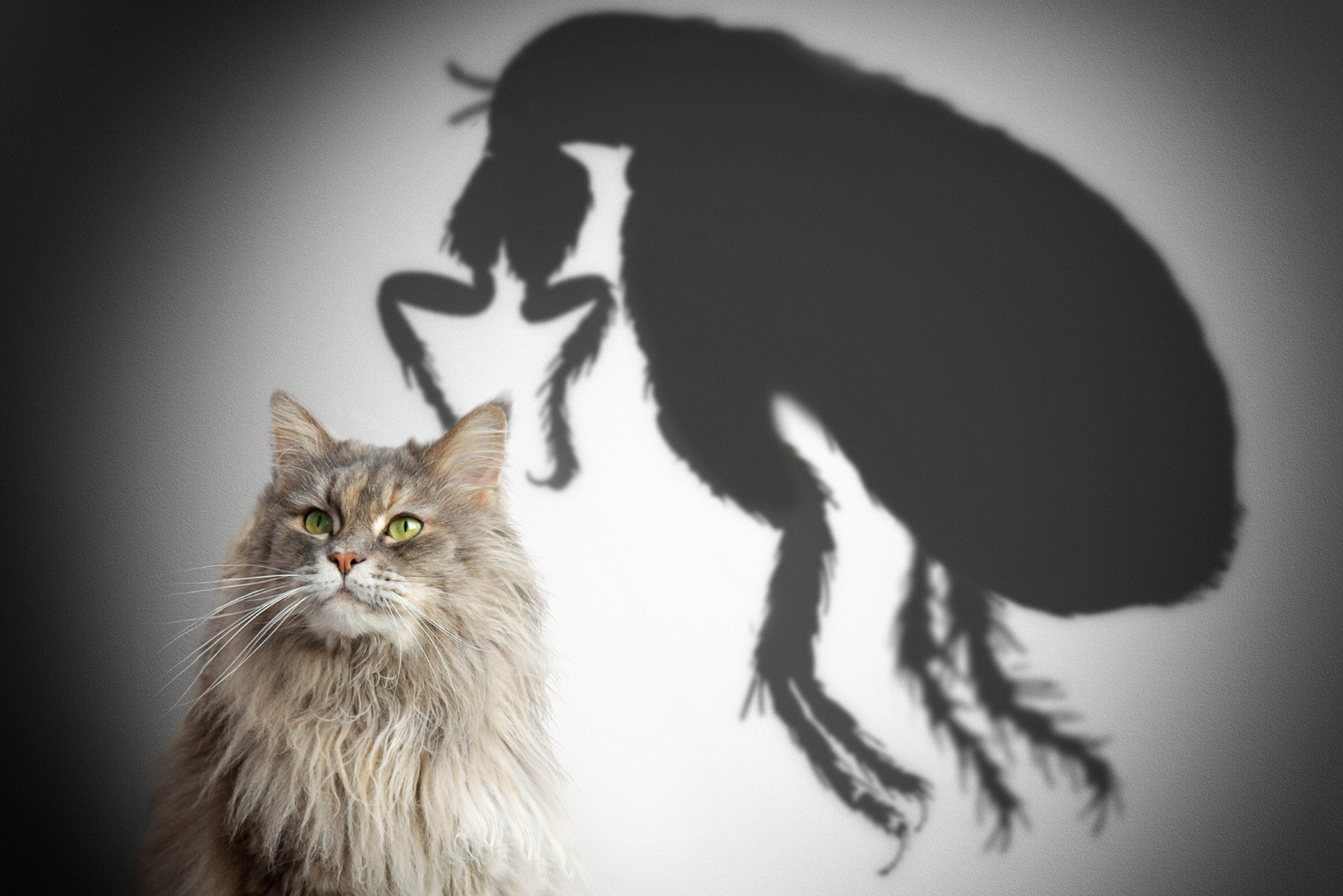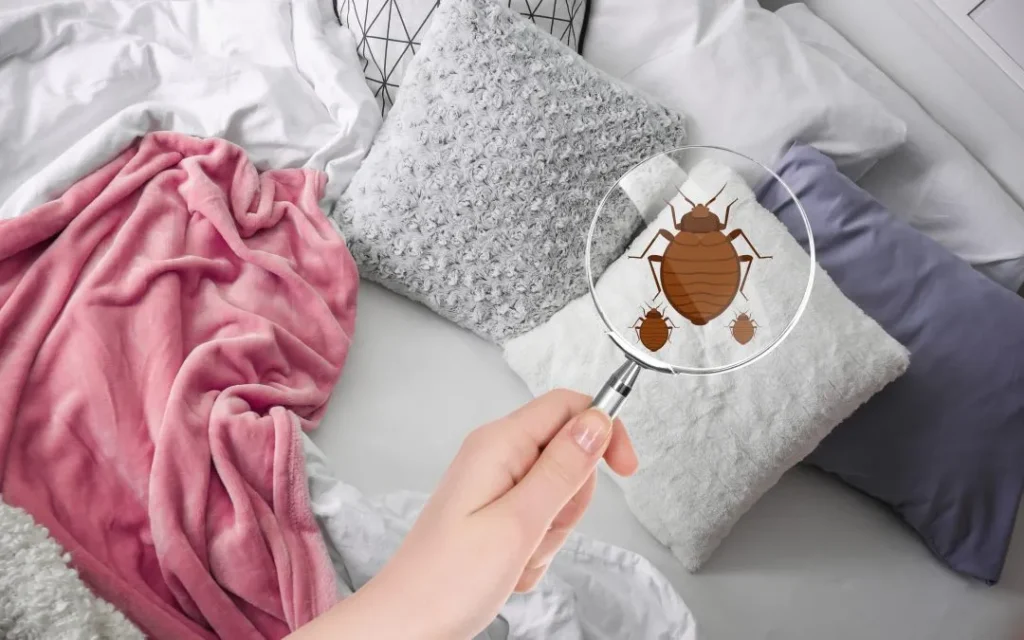As a pet owner, you want to provide your beloved pets with the best possible care. However, your furry friends might occasionally bring unwelcome guests into your home, such as fleas. Fleas are external parasites that feed on the blood of mammals and birds, and they can cause serious discomfort and health problems in your pets. In this blog post, we’ll talk about the dangers of fleas to your dogs and cats, as well as how flea infestation services can help you get rid of them.
The Dangers of Fleas to Your Pets
Fleas can cause a variety of health problems for your dogs and cats, including:
- Skin Irritation: Flea bites can cause severe itching, which can lead to scratching and chewing, resulting in skin irritation and infection. Flea saliva can also induce an allergic reaction in some pets, resulting in hair loss, itching, and infections.
- Allergic Reactions: Certain pets are allergic to flea saliva, which can cause severe allergic reactions such as hair loss, itching, and skin infections. Flea bites can also cause an allergic reaction, including hives, itching, and difficulty breathing.
- Anemia: Heavy flea infestations can cause anemia in pets, particularly young or frail animals. Fleas feed on their hosts’ blood, and severe infestations can cause significant blood loss, resulting in anemia and sometimes fatal complications.
- Tapeworms: Fleas can transmit tapeworm eggs, which pets may ingest when grooming or eating fleas. If not treated, tapeworms can cause intestinal issues, malnutrition, and potentially fatal complications.
- Secondary Infections: Flea bites can transfer germs into your pet’s skin, causing secondary infections and other serious health problems. Bacterial infections can cause symptoms such as redness, swelling, and discharge, and if not treated, they can spread to other areas of the body.
- Discomfort: Flea infections can cause severe discomfort in pets, resulting in restlessness, agitation, and difficulties sleeping. Fleas can also spread flea borne diseases, including murine typhus and tularemia, which induce fever, fatigue, and a lack of appetite.
Signs of Flea Infestation
Flea infestations must be detected early to avoid severe health problems for your pets. Common indications of a flea infection include:
- Adult fleas are small, dark brown, and flat, and can be seen crawling about on your pet’s coat. They are most often seen in locations where your pet sleeps or rests.
- Flea Eggs: Flea eggs are small, oval-shaped, and typically laid in groups on your pet’s fur. They are most often seen in locations where your pet sleeps or rests.
- Flea Larvae: Flea larvae are legless, grub-like insects that can be found crawling around in carpets, beds, and other locations where your pet sleeps. They are most often seen in locations where your pet sleeps or rests.
- Flea Droppings: Flea droppings, often known as “flea dirt,” are microscopic, dark specks that occur in your pet’s fur. They are most often seen in locations where your pet sleeps or rests.
- Skin Irritation: If your pet has skin irritation, it may be due to flea allergic dermatitis. Look for signs of itching, scratching, and hair loss.
- Excessive Scratching: If your pet scratches excessively, this could indicate a flea infestation. Pay attention to regions where your pet likes to scratch, such as the neck, back, and ears.
- Hair Loss: Flea bites can cause hair loss in pets, particularly at the base of the tail and on the abdomen. Look for areas of lost hair or thinning fur.
- Pale Gums: Flea infestations in pets can induce anemia, resulting in pale gums. Lethargy: Regularly check your pet’s gums for paleness or discoloration. Flea infestations can cause discomfort and tension, resulting in lethargy and lower energy levels. If your pet appears weary or sluggish, it could indicate a flea infestation.
How Rice’s Termite and Pest Control Can Help
Rice’s Termite & Pest Control understands the importance of protecting your pets from fleas. Our trained flea removal services professionals specialize in delivering efficient flea control for dogs and cats. Here’s how we can help.
- Comprehensive flea control: We provide a variety of flea control services, including treatments for your home, yard, and pet. Our treatments are intended to kill fleas at any stage of life, from eggs to adults.
- Customized solutions: We understand that each home and pet is unique, so we’ll work with you to develop a flea control plan that is tailored to your specific needs.
- Safe and effective treatments: Our treatments are safe for your dogs and family, and we only use the most effective flea-control chemicals available.
- Ongoing protection: We provide ongoing flea protection to ensure your pets’ safety and comfort.
Frequently Asked Questions
How can I determine if my pet is infested with fleas?
There are several signs that your pet may have fleas, such as:
- Fleas can be seen on the pet’s fur.
- Flea eggs or larvae may be present in their fur or bedding
- Flea droppings, also known as “flea dirt,” in their fur or bedding
- Skin irritation or inflammation resulting from a fleas bite
- Behavior of scratching or chewing excessively
- Loss of hair or thinning, especially near the tail base and abdomen
- Gums appear pale as a result of anemia triggered by a severe flea infestation
How to avoid flea infestations in your home?
Preventing flea infestations involves a comprehensive strategy that includes:
- Consistent grooming and inspection of your pets
- Utilizing flea preventatives such as topical treatments, collars, sprays, or oral medications
- Regularly vacuum and clean your home, paying special attention to areas frequented by your pets
- Cleaning your pet’s bedding and toys in hot water
- Securing entry points for fleas and other pests in your home
Is it possible to get rid of fleas without seeking professional help?
Although treating severe flea infestations independently is an option, it can be difficult to fully resolve the issue without expert assistance. Fleas can lay hundreds of eggs, which can then hatch into new fleas within a matter of weeks, posing a challenge in managing their population. Professional pest control services offer thorough treatments that effectively eliminate fleas at every life stage and work to prevent future infestations.
How Long Does It Typically Take To get Rid Of Fleas After Starting Treatment?
The duration required to eliminate fleas varies based on multiple factors, such as the extent of the infestation, the treatment method employed, and the living conditions of the fleas. Typically, it can take from a few days to several weeks to fully eradicate fleas from your home and pets. Regular treatment and follow-up appointments with a pest control expert can help ensure that the issue is completely resolved.
Conclusion
Ensure your pet’s health and comfort are not compromised by fleas. Count on Rice’s Termite & Pest Control for reliable flea removal services for your beloved pets. Get in touch with us today to book your appointment and bid farewell to fleas once and for all!





